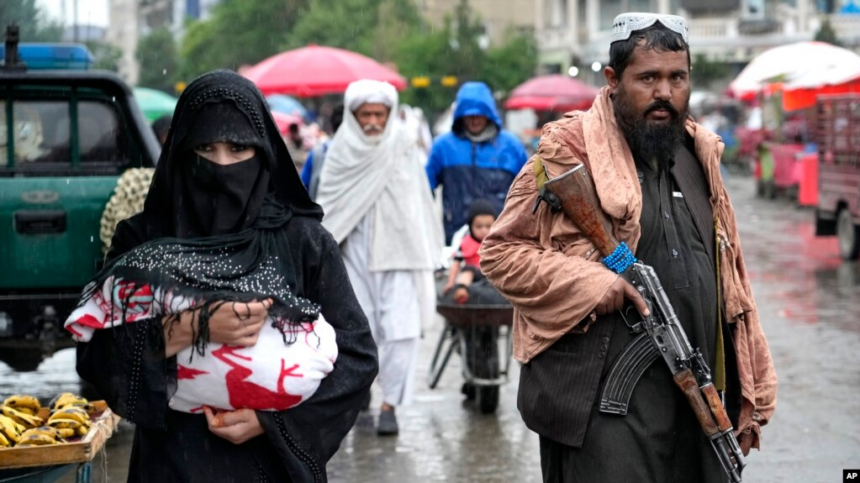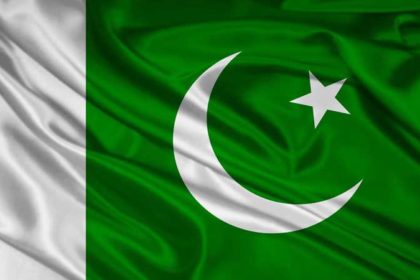RASC News Agency: An international human rights advocacy group has issued a stark warning about the deepening humanitarian and political crisis in Afghanistan, denouncing the Taliban regime for turning the country into a sprawling prison for dissenting voices. According to the statement released by the Human Rights Defenders Forum, the Taliban’s campaign of authoritarian control has left little room for civil society, independent media, or ethnic and ideological diversity to survive. Since retaking power in August 2021, the Taliban have aggressively dismantled Afghanistan’s fragile civil liberties through a coordinated system of fear, censorship, and religious absolutism. Their latest decrees enforced with increasing brutality have further tightened the noose around press freedom, political participation, and fundamental human rights.
The Forum’s statement, issued on Thursday, May 29, underscores how the Taliban have continued to narrow civil and political spaces with ruthless precision. The Ministry of Information and Culture, acting as a de facto censorship body, has imposed a string of repressive edicts, crippling journalistic freedom across the country. One particularly egregious example cited is the Taliban’s prohibition on the publication of images of living beings a ban now in force across much of Afghanistan, reflecting the regime’s attempt to erase visual documentation of life under its rule. This suppression of the media, however, is only part of a broader authoritarian blueprint. The Taliban’s intelligence agencies and morality police have launched an all-out assault on civil society institutions. Under the pretext of enforcing Islamic law, they have shut down numerous non-governmental organizations, especially those led by or serving women, ethnic minorities, and human rights activists. Work permits have been arbitrarily revoked, offices raided, and activists detained or threatened into silence.
The Forum specifically highlights the Taliban’s relentless persecution of women human rights defenders, who now operate under the constant threat of public shaming, arrest, and harassment. These attacks are not isolated acts of repression but are instead part of a calculated strategy to erase women from public life. Afghanistan, under Taliban rule, is rapidly becoming a laboratory for gender apartheid, where women are stripped of their personhood and reduced to shadows in their own country. Furthermore, the report draws attention to the centralization of power in Kandahar, where major political and administrative decisions are no longer made through formal institutions, but dictated by a shadowy circle of unelected religious clerics. The erosion of institutional governance and its replacement by unaccountable theological authority has opened the door to rising religious extremism and weakened the structural fabric of the Afghanistani state.
In its most alarming section, the Forum warns of the Taliban’s growing ethnic chauvinism, particularly targeting non-Pashtun communities. The statement decries “a dangerous resurgence of ethnic bias and institutionalized discrimination” against Tajiks, Hazaras, Uzbeks, and other marginalized groups. It cautions that the current trajectory could lead to the fragmentation of national unity and an escalation of ethnic conflict, fueled by the Taliban’s narrow ethno-religious ideology. Operating from outside Afghanistan, the Human Rights Defenders Forum urges the international community to break its silence and take decisive, coordinated action. The group calls for targeted sanctions against Taliban leaders, international legal proceedings against perpetrators of systemic abuse, and robust support for Afghanistani journalists, activists, and human rights defenders in exile. Inaction, they warn, would amount to complicity in a growing human rights catastrophe.
In conclusion, the report paints a sobering portrait of a nation plunged into darkness under a regime that rules not through consent or law, but through theocratic coercion and brute force. The Taliban’s systematic repression is not merely an internal matter it is a threat to international norms and a test of the global community’s moral resolve.






